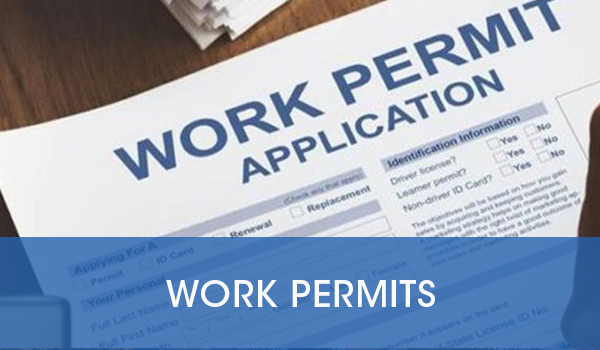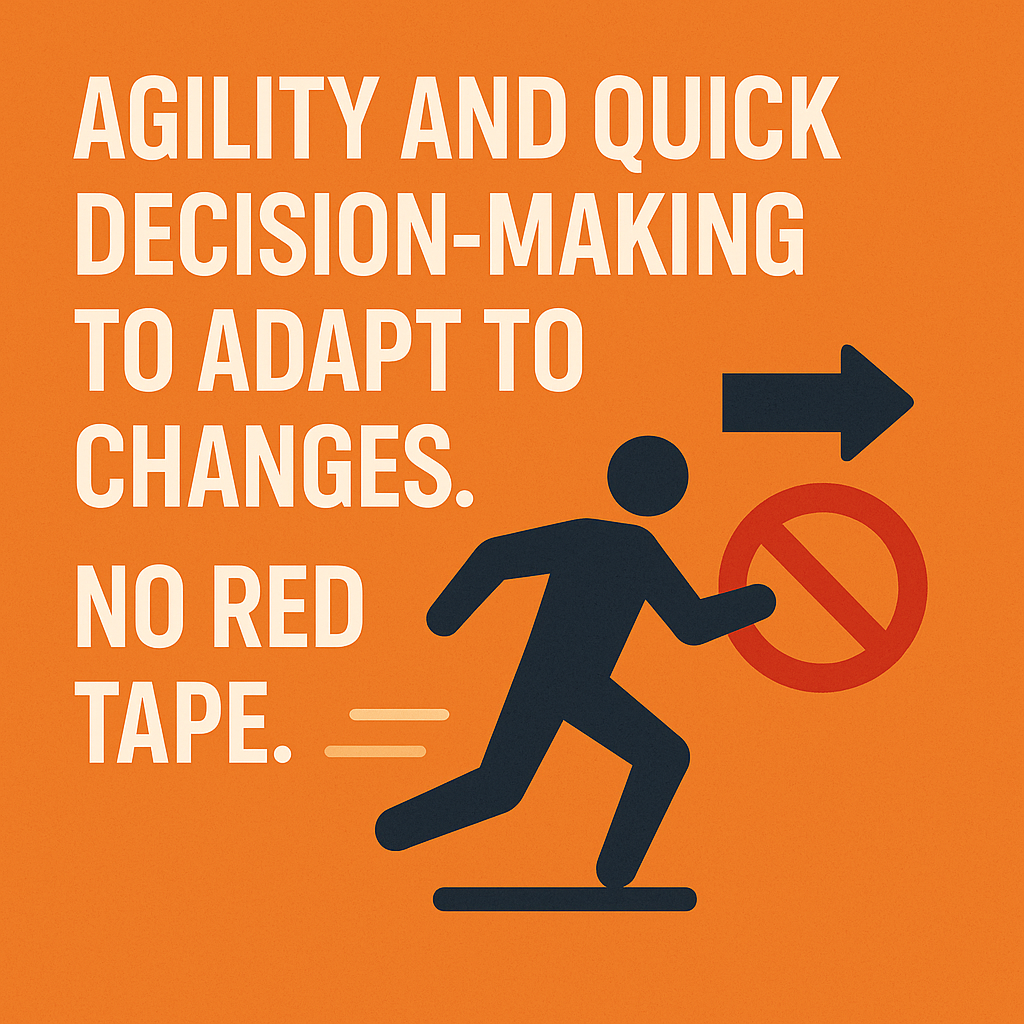Binks Overseas

Know your visa from your work permit....
Work permits and visas are both legal documents that allow individuals from foreign countries to live and work in another country, but they serve different purposes and have distinct characteristics. Here are the key differences between work permits and visas:
- Purpose:
- Work Permit: A work permit, also known as a work visa or employment authorisation, specifically grants permission to a foreign national to work in a particular country for a specific employer or type of employment.
- Visa: A visa is a travel document that grants permission for a foreign national to enter and stay in a country for a certain period. It does not grant the right to work but may be a prerequisite for obtaining a work permit.
- Duration:
Work Permit: The duration of a work permit is typically tied to the specific job or employment contract. It is often issued for a limited period and may be renewable if the individual continues to meet the requirements.
- Visa: Visas can have varying durations, depending on the type of visa and the policies of the country issuing it. Some visas are short-term (e.g., tourist visas), while others can be long-term (e.g., student visas or resident visas). Visas may need to be renewed or extended to stay legally in the country.
- Eligibility Criteria:
- Work Permit: To obtain a work permit, an individual usually needs to have a job offer from a specific employer in the host country. The employer may need to demonstrate that they cannot find a qualified local candidate for the position.
- Visa: Visa eligibility varies based on the type of visa. Tourist visas are generally easy to obtain for short visits, while other visas (such as student visas or family reunion visas) may have specific requirements related to the purpose of the visit and financial support.
- Employer and Job Specificity:
- Work Permit: A work permit is often tied to a specific employer and job. If the individual wishes to change jobs or employers, they may need to apply for a new work permit.
- Visa: A visa allows an individual to enter the country and may not be tied to a specific job or employer. However, working without the appropriate work permit while on a visa may lead to legal issues.
- Application Process:
- Work Permit: The process for obtaining a work permit typically involves both the employer and the employee. The employer may need to demonstrate that they have tried to hire local workers first. The employee may need to provide documentation related to their qualifications and job offer.
- Visa: The visa application process varies by country and visa type but usually involves submitting an application, paying fees, providing supporting documents (e.g., proof of financial means, accommodation), and attending an interview at a consulate or embassy.
- Legal Status:
- Work Permit: Holding a valid work permit allows an individual to work legally in the host country, and violating its terms can result in legal consequences, including deportation.
- Visa: A visa allows entry into a country for a specific purpose, such as tourism, education, or family reunification. However, it does not grant the right to work unless combined with a valid work permit.
It's important to note that the requirements and processes for work permits and visas can vary significantly from one country to another, and they may change over time due to changes in immigration policies and laws. Therefore, individuals seeking to work or reside in another country should consult the relevant government authorities or seek legal advice to understand the specific requirements and processes applicable to their situation.
Here at Binks Immigration Solutions, we can help you navigate this often complex process. Please contact Jeanette Dawes to find out more.


